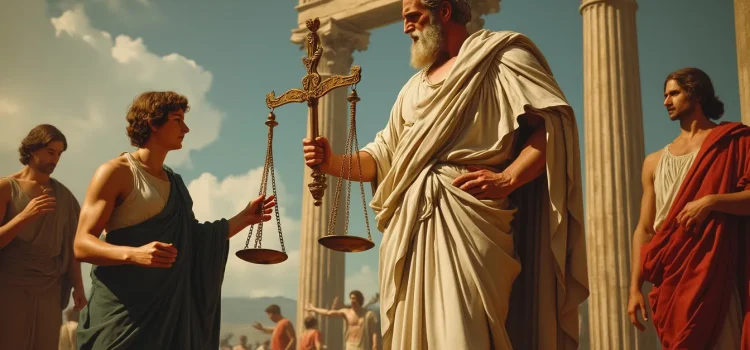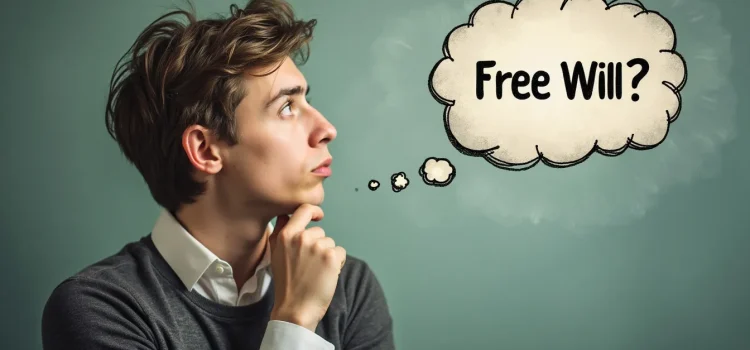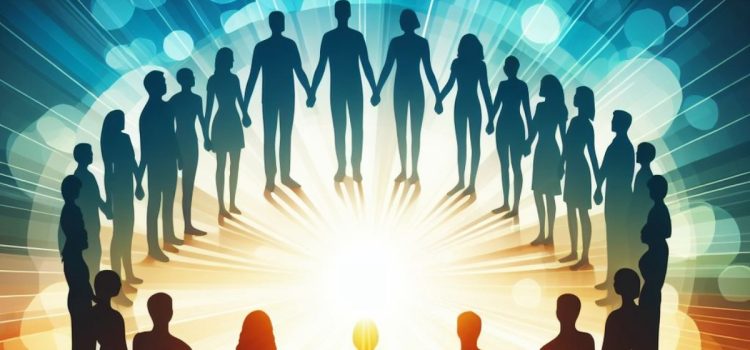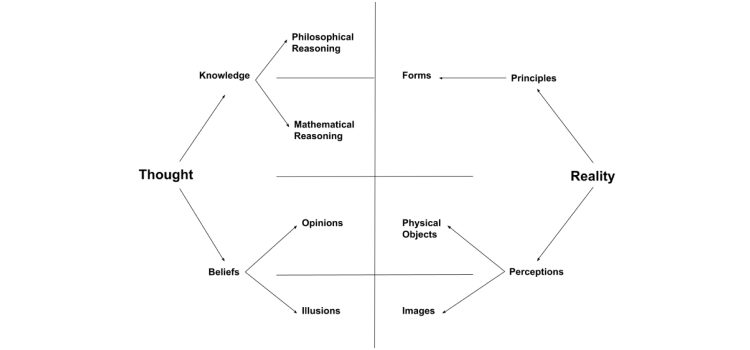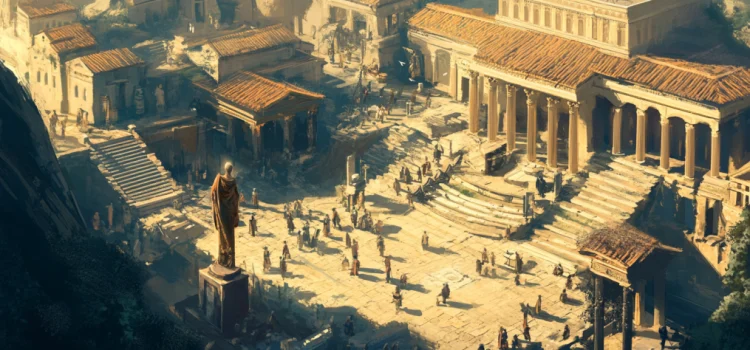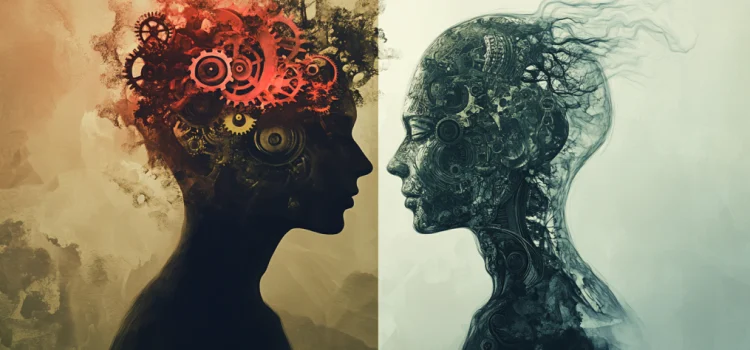What does true justice look like? Is it possible for justice to be inherently good, rather than just a means to an end? In The Republic, Plato explores these questions through a series of dialogues. The ancient philosopher presents his idea of justice, challenging conventional wisdom and proposing a radical new way of looking at an age-old concept. Read more to understand Plato’s concept of justice as presented in The Republic.
Plato’s Concept of Justice: Overview of The Republic, Books I-II
